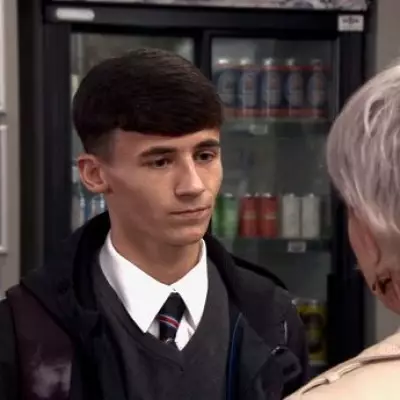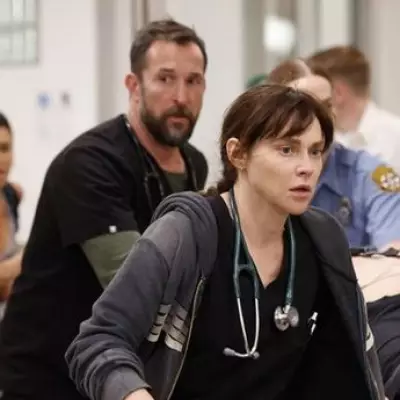
In an exclusive and deeply personal interview, Jack Tweed, the widower of the late reality TV star Jade Goody, has spoken publicly for the first time about the devastating loss of his partner, Ellie Sargeant. The 36-year-old revealed the immense toll the tragedy has taken on his mental health, describing it as a pain that mirrors the heartbreak he endured following Jade's death in 2009.
Tweed's life was shattered for a second time when he discovered Ms. Sargeant, 32, had passed away in her sleep at her home in February. The couple, who had been together for four years, were deeply in love and making plans for their future.
A Second Unimaginable Loss
"I've been to hell and back, twice now," Tweed confessed, his voice heavy with emotion. "Losing Jade was the hardest thing I ever had to go through. Then I found Ellie, and I was so happy again. To have that ripped away… it’s a different kind of pain, but it’s just as brutal."
He detailed the horrifying moment he found her, a trauma that has left him battling severe anxiety and depression. The cause of her sudden death remains unknown, with Tweed stating they are still awaiting answers from the coroner.
Pleading for Compassion and Privacy
The television personality is now issuing a heartfelt plea for compassion and space to grieve. He described being hounded by photographers and feeling unable to leave his house, which has severely impacted his ability to process his loss.
"The other day, I had six or seven paparazzi following me to the shop. I just broke down in tears. I couldn't take it," he shared. His message is clear: he is not a celebrity on a night out, but a grieving man trying to navigate an unbearable situation.
Honouring Ellie's Memory
Despite his anguish, Tweed is determined to honour Ellie's memory. He fondly remembers her vibrant personality, her love for her job in recruitment, and her incredible bond with his family, who had welcomed her as one of their own.
He has vowed to champion mental health causes in her name, urging others, especially young men, to speak openly about their struggles. "Talking is the most important thing. I’m not ashamed to say I’m struggling. How could I not be?" he stated, highlighting the critical need for support during such dark times.





